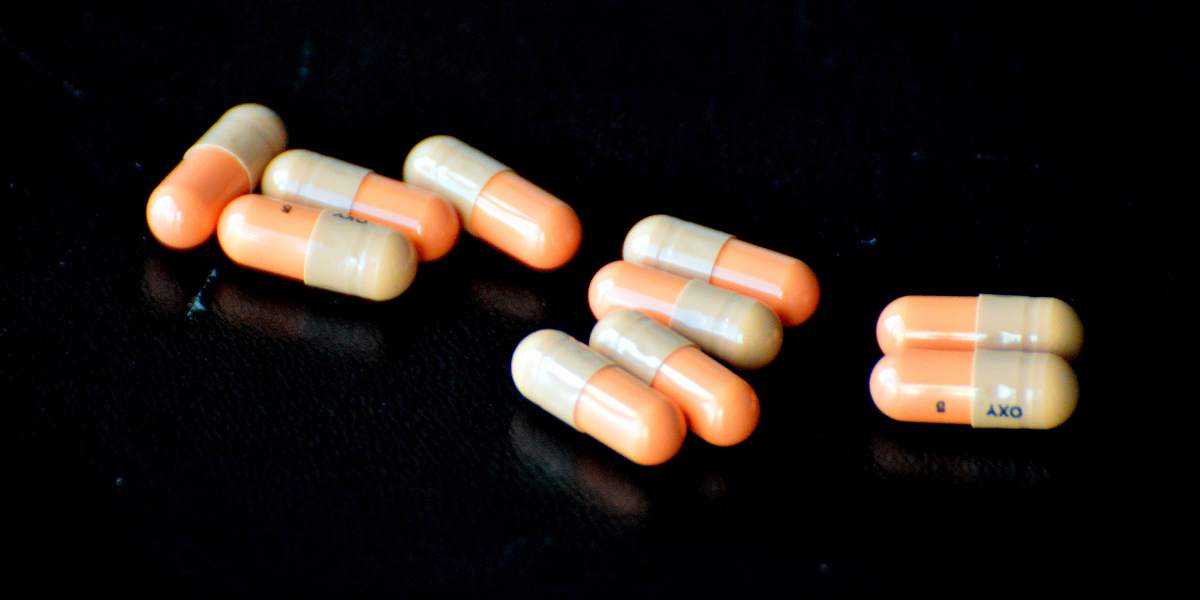Keeping track of what you eat and drink can still help people lose weight even if they don’t do it every day, a new study has found.
While tracking underpins successful weight loss, new research has shown is doesn’t have to be perfect for it to still work.
With researchers saying it is “not sustainable” for dieters to count calories every day for the rest of their lives, they investigated what are the optimal thresholds for tracking to predict 3%, 5%, and 10% weight loss after six months.
- Keto diet can combat seizures in children with epilepsy, experts claim
- Poor diet linked to 14 million cases of type 2 diabetes globally
Assistant Professor Ran Xu, from the University of Connecticut, said: “It turns out, you don’t need to track 100% each day to be successful. Specifically in this trial, we find that people only need to track around 30% of the days to lose more than 3% weight and 40% of the days to lose more than 5% weight, or almost 70% of days to lose more than 10% weight.
“The key point here is that you don’t need to track every day to lose a clinically significant amount of weight.”
A team from the University of Connecticut, the University of Florida, and the University of Pennsylvania set up a study involving 153 participants who followed a weight loss programme and reported what they ate for six months.
Professor Sherry Pagoto, from the University of Connecticut, said: “We partnered with WeightWatchers, who was planning on releasing a new Personal Points programme, and they wanted to get empirical data via our clinical trial.
“Dietary tracking is a cornerstone of all weight loss interventions, and it tends to be the biggest predictor of outcomes. This programme lowers the burden of that task by allowing zero-point foods, which do not need to be tracked.”
Through the study, the team found three distinctive categories:
- High trackers who lost around 10% of their body weight and tracked what they ate most days;
- A majority group who started off by tracking regularly but declined over time so that they were only tracking about once a week by month four. This group lost around 5% of their body weight;
- Low trackers who only recorded what they ate three times a week at the start and reduced that to zero by month three. This group lost around 2% of their weight.
Professor Pagoto said: “A lot of times people feel like they need to lose 50 pounds to get healthier, but actually we start to see changes in things like blood pressure, lipids, cardiovascular disease risk, and diabetes risk when people lose about 5-to-10% of their weight.
- Diabetes app improves diabetes outcomes for people with type 2 diabetes in South London
- Poor diet linked to 14 million cases of type 2 diabetes globally
“That can be accomplished if participants lose about one to two pounds a week, which is considered a healthy pace of weight loss.”
She added: “One thing that is interesting about this data is, oftentimes in the literature, researchers just look at whether there is a correlation between tracking and overall weight loss outcomes. Ran took a data science approach to the data and found there is more to the story.
“Now we’re seeing different patterns of tracking. This will help us identify when to provide extra assistance and who will need it the most.”




